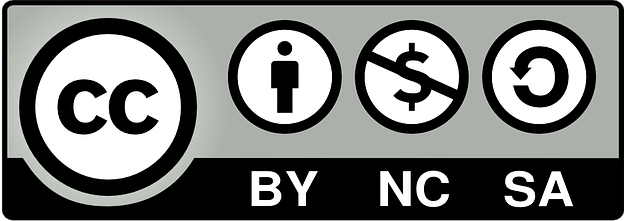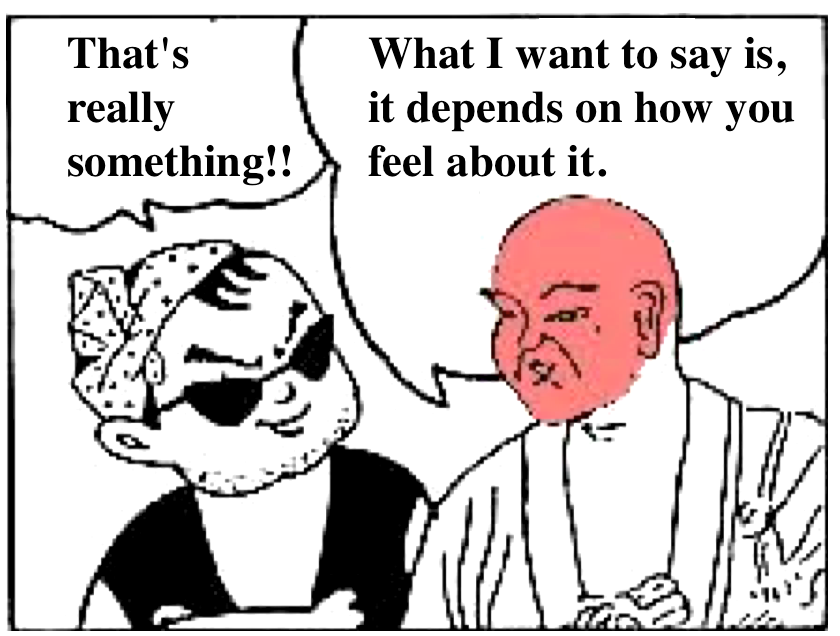
Ethics for Academic
Research
(English) :Name lists

| I. [Lecture & Workshop] Let's make your dialogic workshop more fun! | Everyone |
Time and
logic Structure of our Workshop. Our workshop is constituted from seven
steps, including introductory "Ice Breaking" time (IB time); The main
body of our Problem Based Workshop is constructed from cyclic six
sections; (i)Giving short lecture by teacher, (ii)Assignment for your
group, (iiiDiscussion within a group, (iv) Reporing back, (v)General
discussion, and (vi) Concluding remarks, and Coffee or Tea Break. |
|
| II. [Lecture] The three axioms for the modern research ethics | 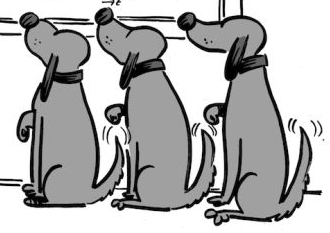 |
Everyone | When I lecture on Research Ethics for young and old friends, I will first confirm our three axioms. 1. We need our general trust between researchers, 2. We should maintain norms that our society has given as professional sincerity, and 3. Through our daily activity, we have been expected to conduct righteously for the public. |
| III. [Workshop] A Change of Plans | 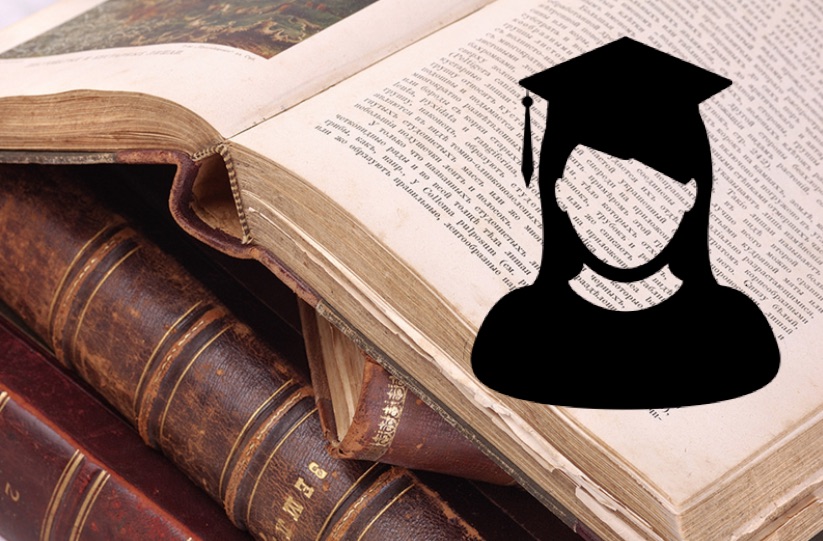 |
Yoshio his research adviser |
1.Should
Yoshio try to change his adviser’s mind? For example, should he review
what his measurements already show and compare that with what the new
measurements would add and then ask his adviser to reconsider? 2.Should Yoshio talk with other members of his thesis committee to get their opinions? 3.What actions could Yoshio have taken earlier to avoid the problem? 4.What actions can Yoshio take now to avoid future disappointment? |
| IV. [Workshop] The Selection of Data | 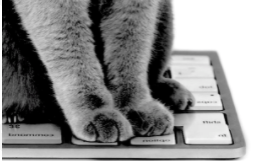 |
Kaori Sayaka |
1. What
factors should Sayaka and Kaori take into account in deciding how to
present the data from their experiment? 2. Should the new explanation predicting the results affect their deliberations? 3. Should a draft paper be prepared at this point? 4. If Kaori and Sayaka can’t agree on how the data should be presented, should one of them consider not being an author of the paper? |
| V. [Workshop] Discovering an Error | Sakura Takeru |
1.What
obligations do the authors owe their professional colleagues to correct
the published record? 2.How should their decisions be affected by how the model is being used by others? 3.What other options exist beyond publishing a formal correction? |
|
| VI. [Workshop] Fabrication in a Grant Proposal | 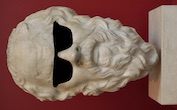 |
Natsuki |
1.Do you
think that researchers often exaggerate the publication status of their
work in written materials? 2.Do you think the department acted too harshly in dismissing Natsuki from the graduate program? 3.If Natsuki later applied to a graduate program at another institution, does that institution have the right to know what happened? 4.What were Natsuki’s adviser’s responsibilities in reviewing the application before it was submitted? |
| VII. [Workshop] Is It Plagiarism? |  |
Professor
Homer Simpson |
1.Does the
copying of a few isolated sentences in this case constitute plagiarism? 2.By citing the journal paper, has Homer Simpson given proper credit to the other author? |
| VIII. [Workshop] A Career in the Balance | 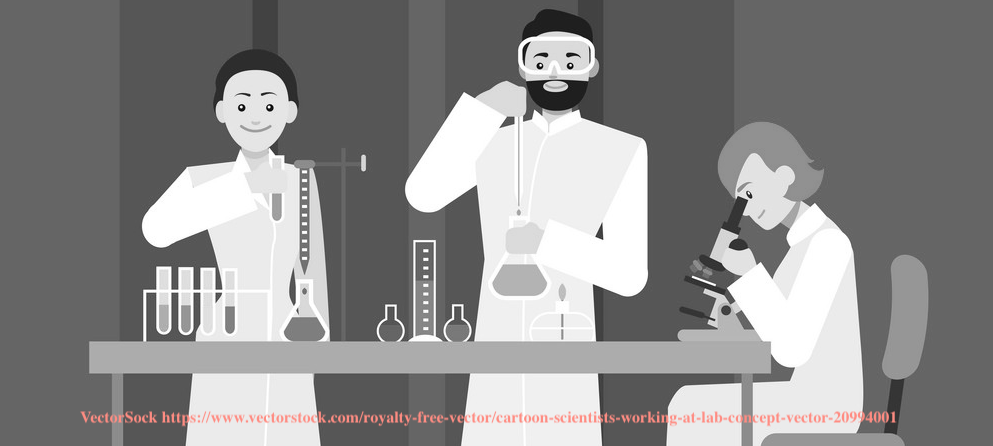 |
Haruki Souta |
1.What kind
of evidence should Haruki have to be able to go to his adviser? 2.Should Haruki first try to talk with Souta, with his adviser, or with someone else entirely? 3.What other resources can Haruki turn to for information that could help him decide what to do? |
| IX. [Workshop] Tests on Students | 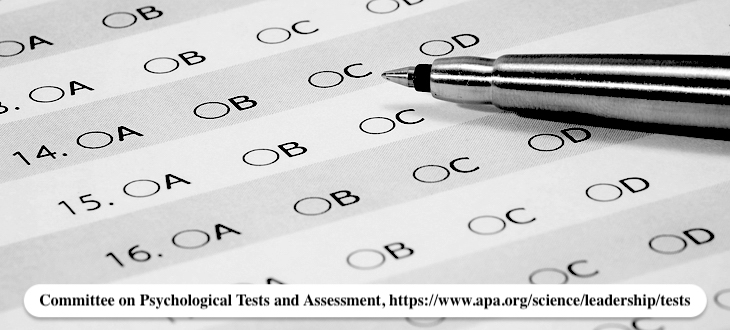 |
Yuuma |
1.Should
Yuuma seek IRB (Institutional Reiew Board) approval for his research
project with human participants? 2.What do students need to be told about Yuuma’s project? Do they need to give formal informed consent? |
| X. [Workshop] A Change of Protocol | 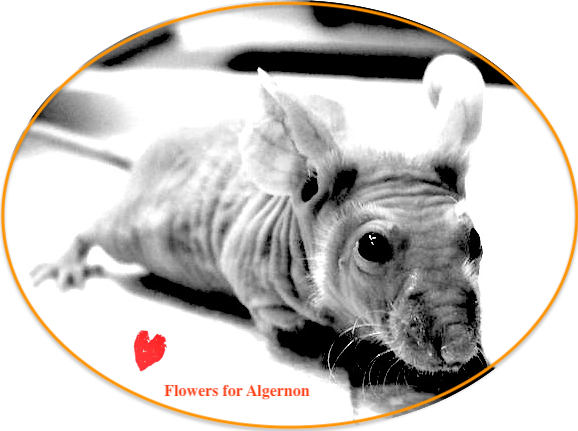 |
Yuzuki |
1.What can
Yuzuki do to get more information about the issue? 2.If she decides to raise the issue with others, what is the best way to do so? 3.Should the original protocol have been approved? |
| XI. [Workshop] Publication Practices | 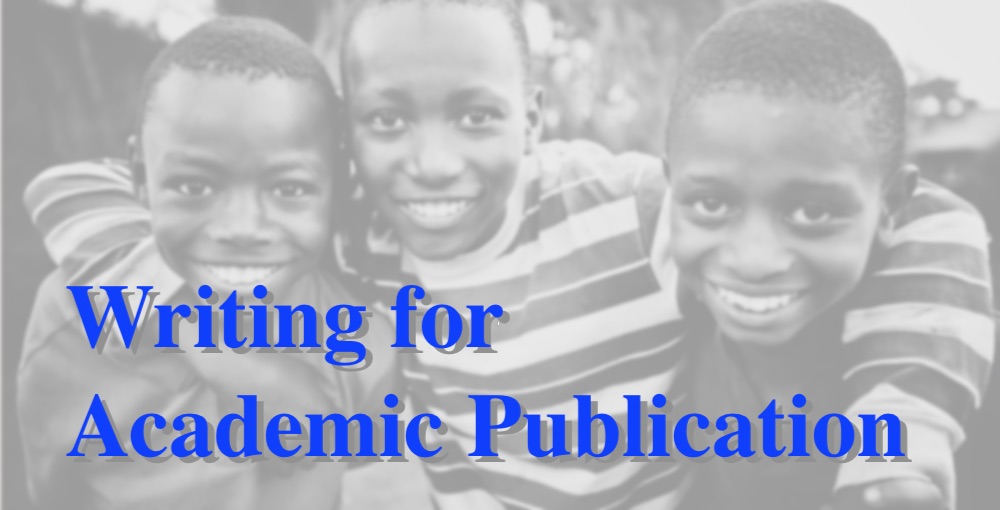 |
Anzai two graduate students |
1. How could
Anzai have anticipated this problem? And what sort of general
guidelines could he have established for lab members? 2.If Anzai’s laboratory or institution has no official policies covering multiple authorship and multiple papers from a single study, how should this issue be resolved? 3.How could Anzai and the students draw on practices within their discipline to resolve this dispute? 4.If the students feel that their concerns are not being addressed, to whom should they turn? 5.What kind of laboratory or institutional policies could keep disputes like this from occurring? 6.If a single paper is published, how can the authors make clear to review committees and funding agencies their various roles and the importance of the paper? |
| XII. [Workshop] Who Gets Credit? | 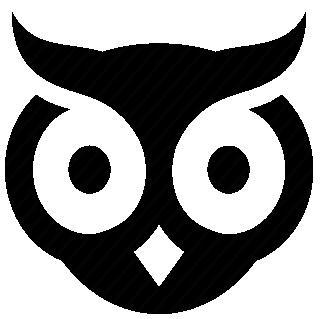 |
Nemoto |
1. How should
Nemoto respond to his supervisor’s demand to be an honorary author? 2. What ways might be possible to appeal the decision within the company? 3.What other resources exist that Nemoto can use in dealing with this issue? |
| XIII. [Workshop] A Commercial Opportunity? | 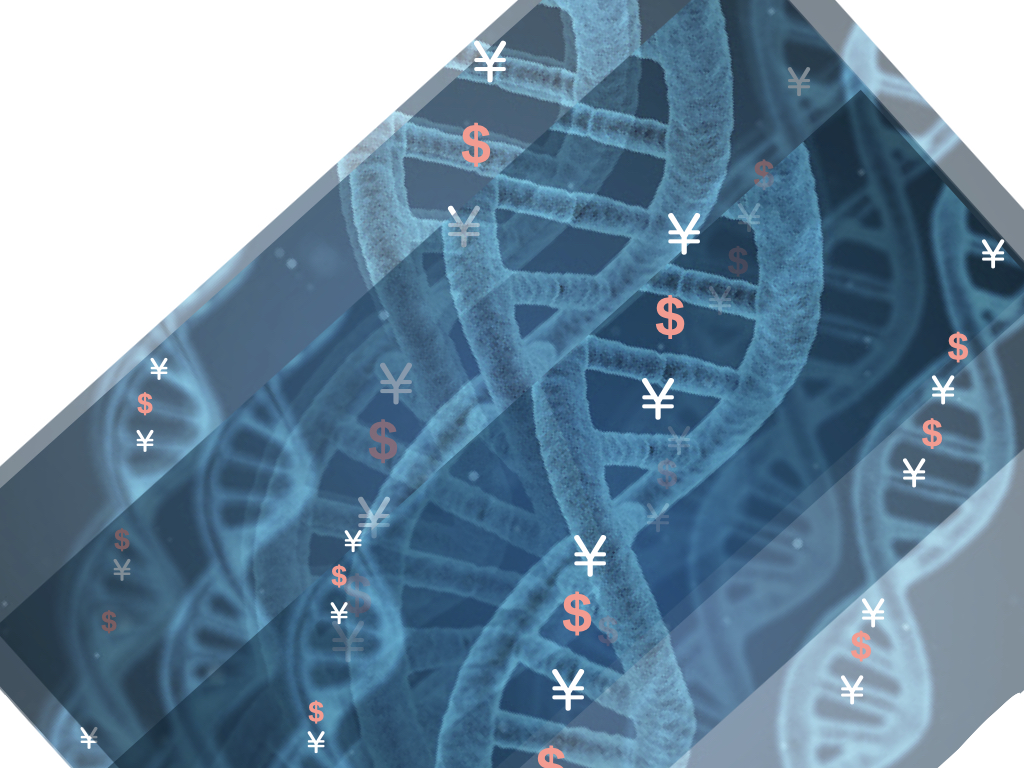 |
Ikeda his adviser |
1.What
obligations does Ikeda have to the developer of the original
spreadsheet program? To the university that provided the spreadsheet
and computer? 2.What are the pros and cons of trying to commercialize a program that is based on another's product? 3.What conflicts and practical difficulties might Ikeda encounter if he tries to operate a business while working on his dissertatio |
| XIV. [Workshop] A Conflict of Commitment | 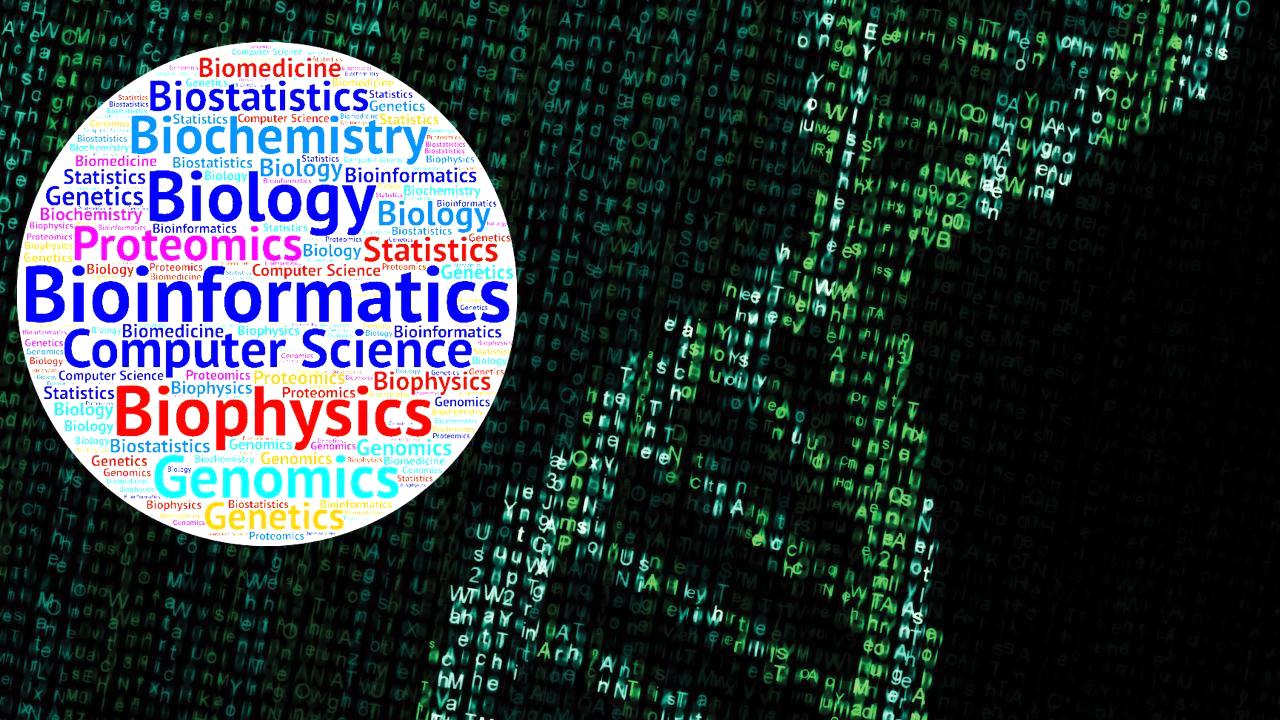 |
Haruna Dr. Koshimoto |
1.Has Dr.
Koshimoto done anything wrong in giving Haruna this assignment? 2.What potential conflicts in terms of data collection, data interpretation, and publishing might Haruna encounter as she continues with her research? |
| XV. [Lecture & Workshop] The Elemental Form of the Ethics in Conducting Fieldwork | 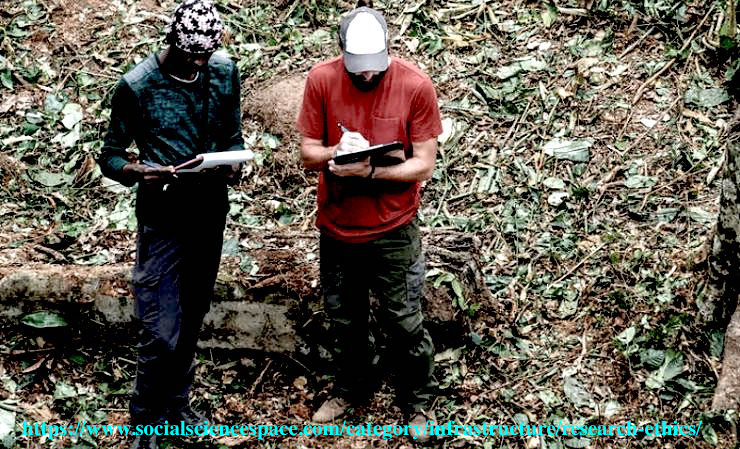 |
Everyone |
What is an
Ethical Dilemma in your fieldwork? "An ethical dilemma (ethical paradox
or moral dilemma) is a problem in the decision-making process between
two possible options, neither of which is absolutely acceptable from an
ethical perspective. Although we face many ethical and moral problems
in our lives, most of them come with relatively straightforward
solutions." - What is an Ethical Dilemma? (CFI) |
| XVI. [Lecture] On Critical Thinking | 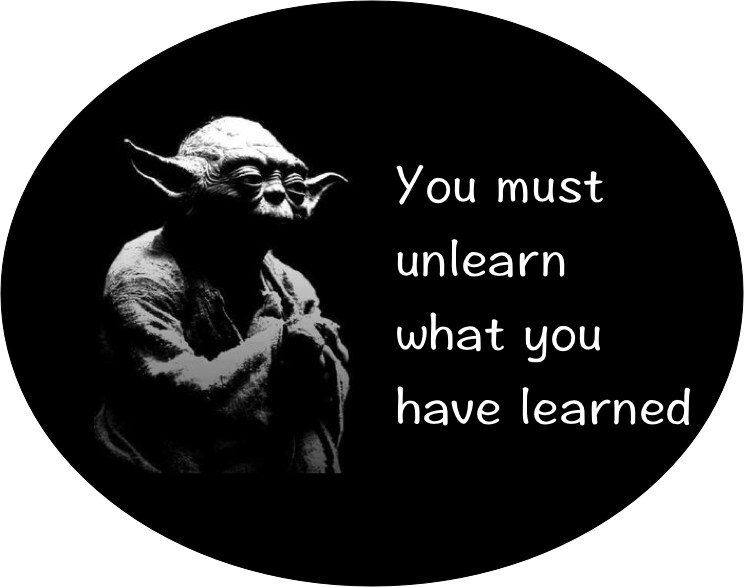 |
Yoda and
Everyone |
"Critical
thinking is the analysis of facts to form a judgment. The subject is
complex, and several different definitions exist, which generally
include the rational, skeptical, unbiased analysis, or evaluation of
factual evidence. Critical thinking is self-directed, self-disciplined,
self-monitored, and self-corrective thinking. It presupposes assent to
rigorous standards of excellence and mindful command of their use. It
entails effective communication and problem-solving abilities as well
as a commitment to overcome native egocentrism and sociocentrism." -
Critical thinking. |
| Ancillary
lecture [Violation against Human Rights
in Academic Research Context] |
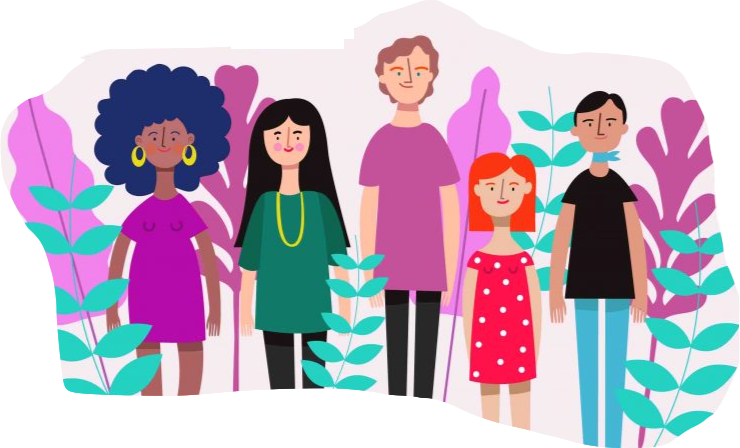 |
Everyone |
"Human rights
are rights inherent to all human beings, regardless of race, sex,
nationality, ethnicity, language, religion, or any other status. Human
rights include the right to life and liberty, freedom from slavery and
torture, freedom of opinion and expression, the right to work and
education, and many more. Everyone is entitled to these rights,
without discrimination." - by the UN. |
Links within same directory
Textbook
Reference
Credit: Introduction to Research Ethics for Young and old Students!!!
Copyleft, CC, Mitzub'ixi Quq Chi'j, 1996-2099
